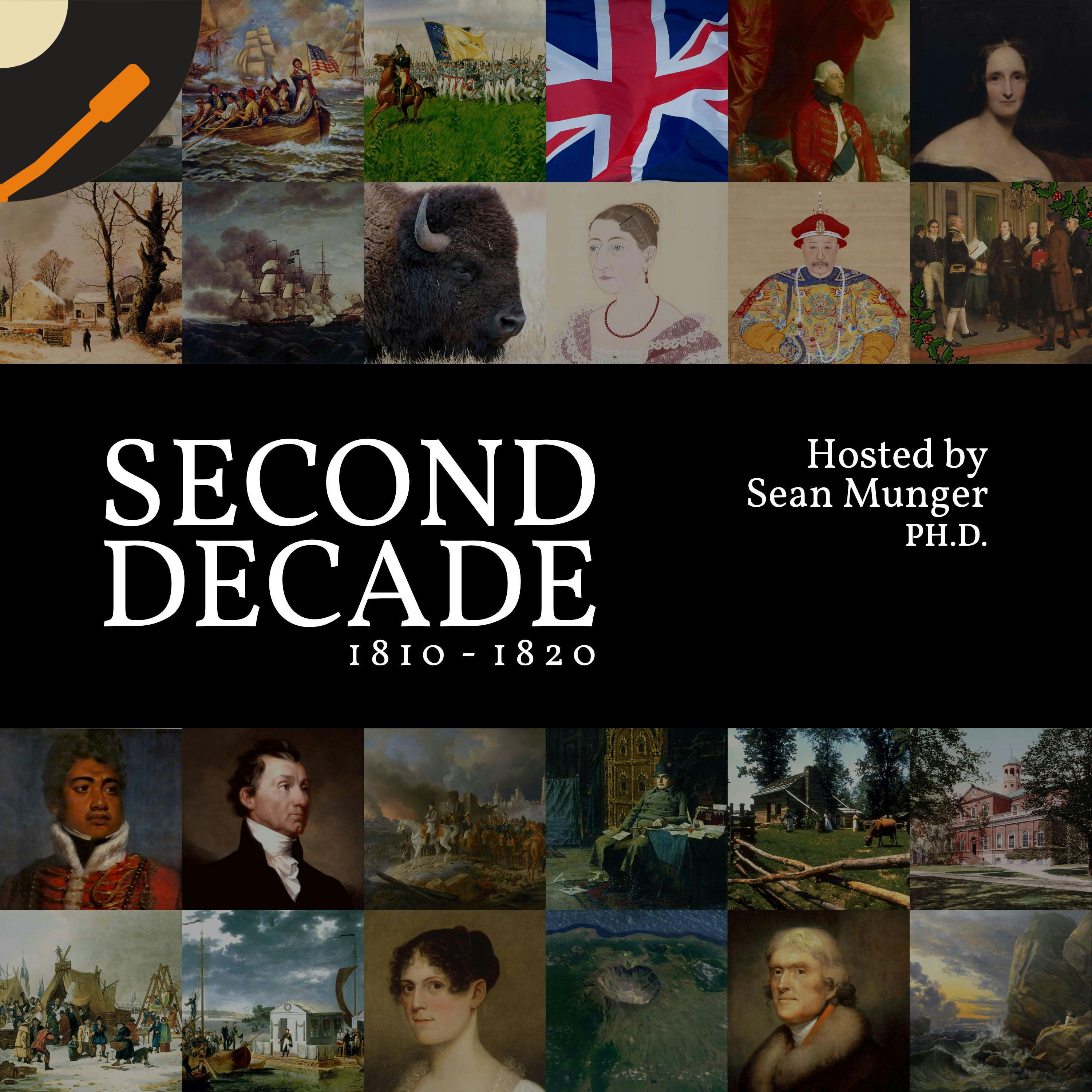39: The Monster of Gloucester
Description
In the summer of 1817, residents of the coastal town of Gloucester, Massachusetts suddenly began seeing a mysterious creature swimming around in their harbor. Though reports differed as to exactly what the monster looked like, how long it was and how fast it could move, the similarities between the reports and the trustworthiness of the witnesses seemed too substantial to ignore. A scientific association quickly convened a committee to investigate the creature. But the Gloucester sea monster was much more than just a strange anomaly that wagged tongues and sold newspapers: it was part and parcel of a much larger and more serious debate about the relative merits of the New World versus the Old, a debate in which prominent Americans like Thomas Jefferson had a significant political stake. In this quirky and unusual episode of Second Decade, historian Sean Munger not only presents contemporary accounts of the Gloucester monster—compiled in a nifty pamphlet rushed into print in Boston before the news cycle moved on—but also delves into the cultural and literary tradition of sea serpents in the early modern world, and why questions about big, strange animals mattered to the identity of the new United States. In this episode you’ll meet a French noble who was outsmarted by a moose skeleton, a local justice of the peace who treated sea monster stories like a high-stakes legal case, a society of amateur scientists who were a little overeager to prove the existence of the creature, and a sea captain who went out do battle with the monster itself. Was there really a beastie out there, or was this just a fish story? You decide!Additional Materials About This Episode
More Episodes
Nine small islands, called the Isles of Shoals, lie off the coast just over the line between New Hampshire and Maine. One of them, Smuttynose Island, has a mysterious past. Traditional stories going back to the early 19th century, amplified by poetry, folklore and modern tour-guide apocrypha,...
Published 06/17/21
Published 06/17/21
In March 1815, in London, Elizabeth Fenning served a plate of dumplings to the family that employed her as a cook. Almost all members of the household, including Eliza herself, became violently ill, apparently poisoned. Barely four months later Eliza was dead, hanged for attempted murder after a...
Published 05/17/21


